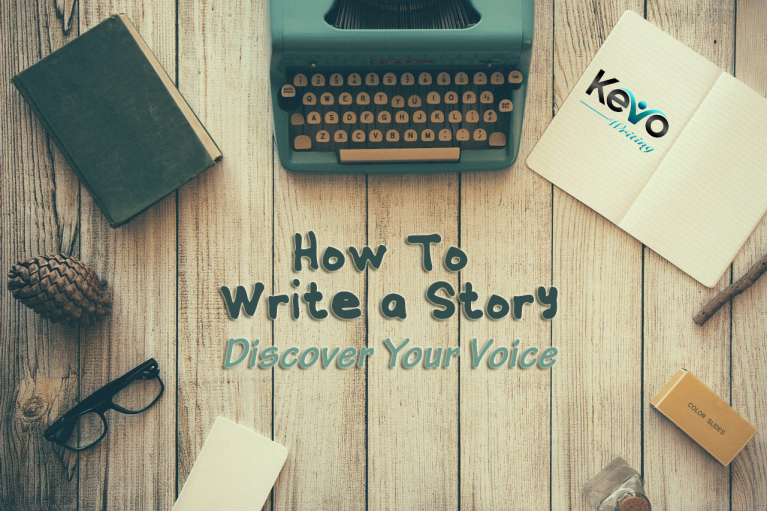I love talking about voice. Voice is one of those things that makes the most difference in your story. The right voice can make your story memorable for all the wrong or all the right reasons. When thinking about how you can discover your voice, there are a few different aspects to think about.
Personal Style
How you write, speak, and think will have the biggest impact on your voice. You have to know and understand your personal style before you can ever be a successful storyteller. Why? Your style will actually control what type of stories you should tell.
For example, my personal writing style is very casual, easy-to-read, straightforward, and anecdotal. I would be successful at writing self-help books, how-to blogs, and casual fiction. Where I struggle, convoluted high-research articles, biographies, and literary fiction.
However, my style does not limit me; it just points me in directions that I’ll most likely find more my speed. Just think, if you’re extremely descriptive and world driven than maybe you should be writing high-fantasy books. If you prefer to be very technical and detail-focused, maybe you should consider writing research articles.
Once you uncover your style, discover your voice, and understand what it means for your writing, you’ll have a much easier time telling your story. Always remember, you can improve and change your personal style. If you love to write, you can teach yourself to write in any style and succeed.
Story Type
As mentioned above, the type of story you tell will have a big impact on how you discover your voice. Each story type requires a different voice to be successful. You need to understand your story genre before you can discover your voice.
- Article: Direct, easy-to-read, research-oriented, helpful, and descriptive.
- Blog: Friendly, engaging, conversational, and easy to share with others.
- Social media: Concise, simple, sharable, informational, and fun.
- Fiction: Dependent on genre and story-type. Point of view will have a large impact on your voice. Read other books in your genre to choose the best voice characteristics.
- Nonfiction: Dependent on genre and story-type. Based on which genre you are writing, you’ll choice your voice characteristics.
Audience
Your audience is a big decision maker when it comes to voice. Who are you writing your story for? Are they middle-aged women, new moms, men in their early 20s, teens, entrepreneurs, etc.? Each type of audience responds best to specific qualities of writing.
Someone who is very busy and only has a short amount of time to devote to reading would want something that is concise, straight to the point, and easy to digest in short sessions. If you’re a writer writing for other writers, they’ll probably desire a higher level of vocabulary, helpful advice, and descriptive sentences.
Tips and Tricks
- Write out the five to ten different characteristics of voice you think work best for your story before you start writing.
- Choose five words that fit your voice and five words that do not fit your voice.
- Read at least three stories within your genre and outline the five voice styles that are most prevalent.
- Run an A/B test. Write your story in two different voices and see which one resonates more with your audience.
At the end of the day, the key to discovering your voice is to try out a few options and see what works best. You’ll know fairly quickly if you’ve used the right voice or if you need to tweak it.





















